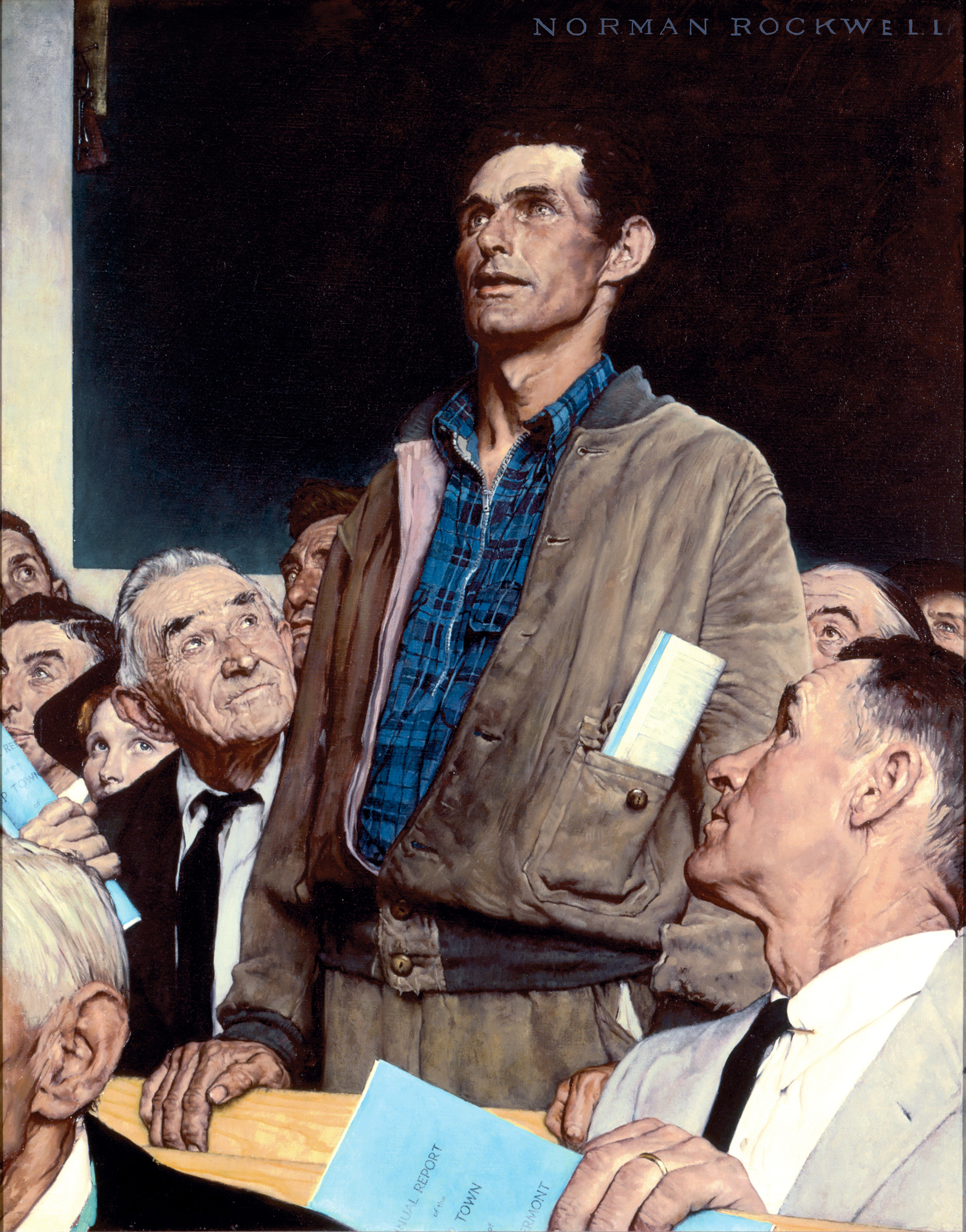The Hawaiʻi
State Constitutional Convention Clearinghouse
Information Related to Hawaiʻi's November 6, 2018 State Constitutional Convention Referendum
A critical function of a constitution is to limit the powers
of the people’s government agents, including the Legislature.
Perhaps inadvertently, opponents of Hawaii’s Nov. 6 state constitutional convention referendum have been vigorously attacking the core principles on which modern constitutional democracy is built.
To understand how, recall that Hawaii’s system of constitutional government has two lawmaking tracks: ordinary and higher. Ordinary laws are passed by the Legislature; higher laws by the people via a constitutional referendum. Thus, when opponents attack the people’s capacity to approve higher laws in their own self-interest, they are attacking the people’s capacity for constitutional government.
A critical function of a constitution is to limit the powers of the people’s government agents, including the Legislature. For example, the people oppose granting the Legislature the power to control the length of its members’ terms, critical media coverage, and other branches of government.
Hawaii’s framers understood that giving a legislature such control would represent a blatant conflict of interest because a legislature would seek to enhance its own power at the expense of both competing government agents and the people. During America’s founding era, proposals to eliminate such limits on legislatures were disparaged as “legislative tyranny.”
Consequently, we allow our legislatures to pass ordinary but not constitutional laws. In a constitutional democracy, constitutional laws must be approved by the people themselves.
But convention opponents have been arguing that “those with the most money” will win when the people are asked to approve proposed constitutional amendments. If they are right, then Hawaii’s experiment with constitutional democracy is a failure. Moreover, their argument implies that Hawaii residents should give the Legislature control over passing all future constitutional amendments. The Hawaii Legislature currently has a dismal 21 percent approval rating.
Obviously, giving the Legislature such control is not something the great majority of Hawaii citizens would want, which is why opponents leave this implication of their argument unstated. Instead, they attack direct democracy — as though direct and constitutional democracy were identical.
Opponents also claim that Hawaiians might be so foolish as to vote against constitutionally protected environmental, health and political rights that polls show the people overwhelmingly support. Such claims are profoundly anti-democratic.
Expanding Rights
Prior to Hawaii’s last convention in 1978, opponents made similar claims. But that convention greatly expanded the rights of Hawaii citizens — far more than the Legislature has done during the subsequent 40 years. Indeed, many of the rights opponents now want to protect were proposed at that convention and then approved by voters.
Claims about the people’s incapacity for self-rule were all but ubiquitous among government elites from the time of ancient Athens until America’s founding in the 18th century. In Hawaii, convention opponents’ narrow focus on the people’s incapacity for constitutional as opposed to all self-government is a new twist on that hoary argument — but one similarly driven by government elites’ desire to retain their hold on power.
For more than four decades, Hawaii’s convention opponents, backed by the diehard support of legislative leaders and the money and organization of Hawaii’s most powerful special interests, have been making such arguments against the people’s capacity to participate in constitutional government.
The question the people should be asking the opposition’s key backers is this: If they, as their coalition partners claim, would dominate both the people’s vote for convention delegates and the people’s subsequent vote over whether to support the convention’s policy proposals, then why have they been so unremittingly opposed to a process they would presumably benefit from? And why have the unpopular groups they claim would benefit from a convention not organized or spent money supporting one?
Sure, convention opponents are correct that democracy is a deeply flawed process, partly because money distorts elections. But doing away with constitutional democracy is a remedy worse than the disease.
#
–J.H. Snider is the editor of The Hawaii State Constitutional Convention Clearinghouse (hawaii.concon.info.)
Source: Snider, J.H., To Oppose A ConCon Is To Oppose Constitutional Democracy, Civil Beat, October 10, 2018.
Illustrative articles attacking the people’s capacity to vote in their own self-interest when evaluating state constitutional convention proposals:
“Those with the most money will win.”
–Hooser, Gary, I’m Voting No On The Con Con, Civil Beat, September 24, 2018.
“The foul winds of PAC money… would blow in.”
–Coffman, Tom, State Constitution doesn’t need change, Honolulu Star-Advertiser, September 30, 2018.
“[T]he enormous power of dark money… has so infected our democracy [that] voters should reject a Constitutional Convention at the ballot box this year….”
–Perruso, Amy, Hawaii doesn’t need a Constitutional Convention, The Garden Island, October 2, 2018.
